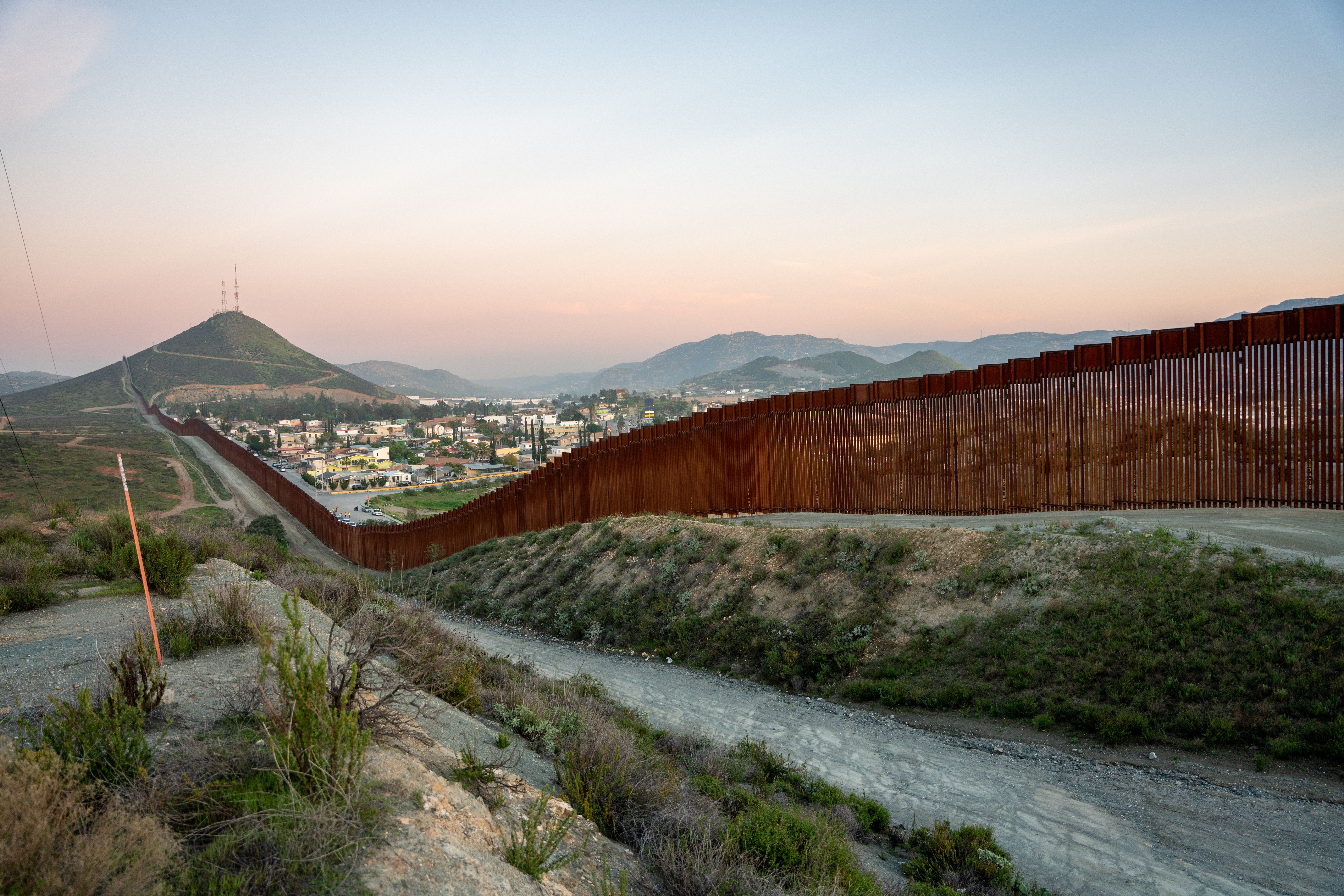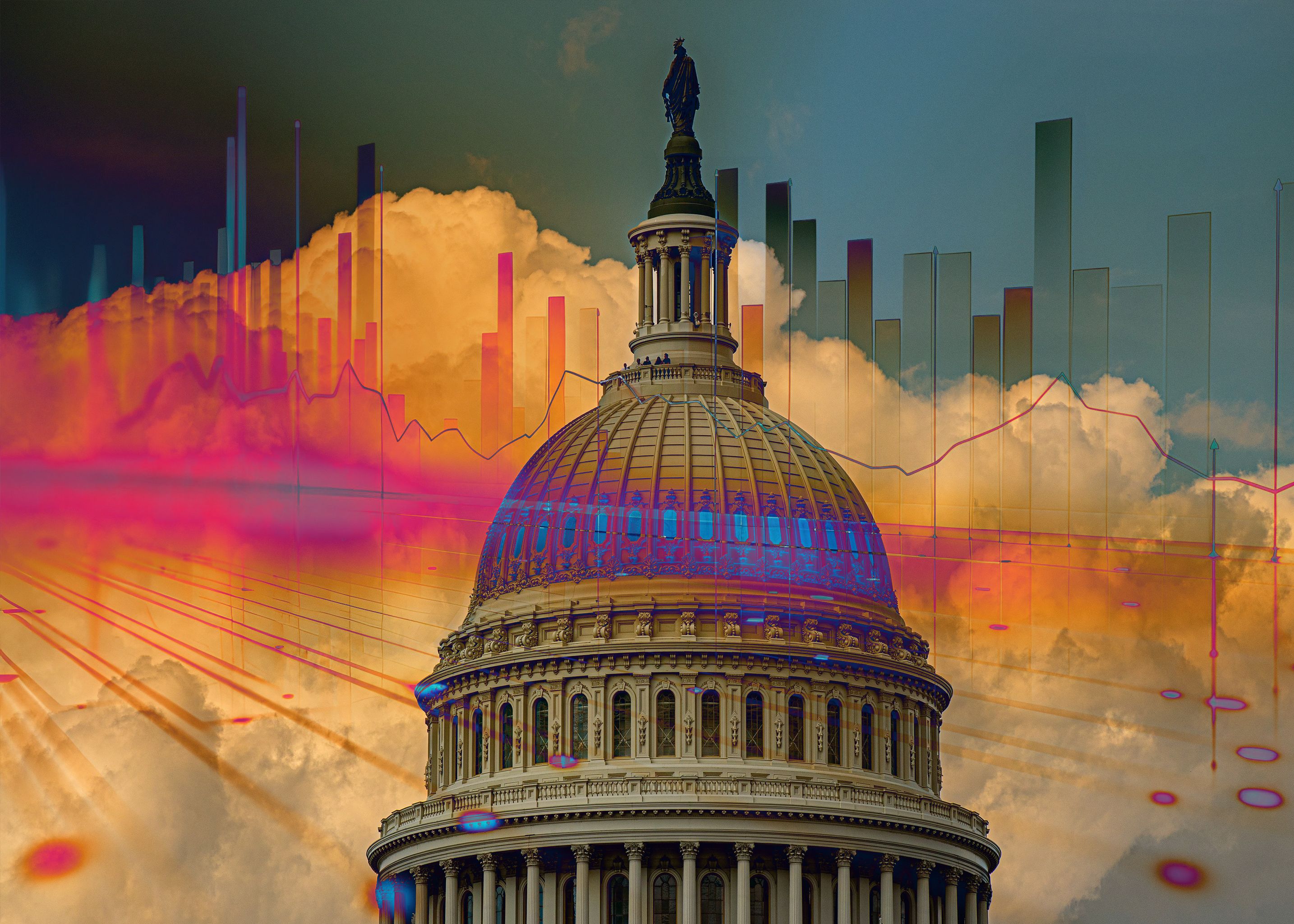U.S. Immigration Policy in 2025: A Tougher Stance Amid Global Tensions
Introduction
In 2025, the United States finds itself at a crossroads regarding its immigration policy. As global tensions rise, the nation has adopted a tougher stance on immigration, reflecting both domestic concerns and international pressures. This shift in policy has sparked widespread debate, touching on economic, social, and humanitarian issues.
Historical Context
For decades, U.S. immigration policy has been a balancing act between welcoming newcomers and ensuring national security. Historically, the nation has prided itself on being a melting pot of cultures, offering sanctuary and opportunity to those seeking a better life. However, recent years have seen a shift toward more restrictive measures, a trend that has only intensified in 2025.
Key Policy Changes
The current administration has introduced several significant changes aimed at tightening immigration controls. These include:
- Increased border security measures, including more personnel and advanced technology.
- Stricter visa requirements for individuals from certain countries.
- Additional scrutiny and background checks for asylum seekers.
These changes are designed to address security concerns and protect national interests, but they have also raised ethical and humanitarian questions.

The Economic Impact
One of the most contentious aspects of the new immigration policy is its potential economic impact. Advocates of stricter controls argue that they will protect American jobs and reduce strain on public resources. However, critics warn that a reduced immigrant workforce could lead to labor shortages, particularly in industries heavily reliant on foreign workers.
Effects on Labor Market
The labor market is experiencing shifts as businesses adapt to the new regulations. Industries such as agriculture, hospitality, and technology, which have traditionally relied on immigrant labor, are facing challenges in recruiting and retaining employees. This has prompted some companies to advocate for a more balanced approach to immigration policy.

Social and Humanitarian Concerns
The tougher stance on immigration has sparked a wave of social and humanitarian concerns. Critics argue that the new measures disproportionately affect vulnerable groups, including refugees and asylum seekers, who may face increased difficulty in finding safety and stability in the U.S.
Human Rights Implications
International human rights organizations have voiced concerns about the potential violation of international agreements and conventions. The U.S. is being urged to consider the humanitarian implications of its policies, especially as global conflicts continue to displace millions of people worldwide.
Looking Ahead
As the U.S. navigates this new era of immigration policy, the nation faces the challenge of balancing security with compassion. The coming years will be crucial in determining how these policies shape the country's identity and role on the global stage.
Ultimately, the future of U.S. immigration policy will depend on ongoing dialogue and negotiation among policymakers, community leaders, and international partners. The decisions made today will have lasting repercussions for generations to come.